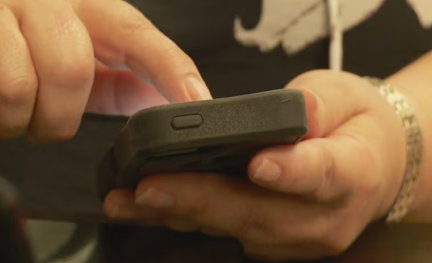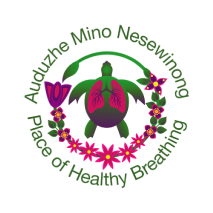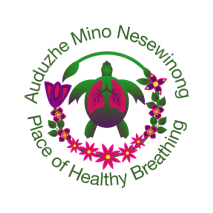
A hotline for Indigenous people living in the Greater Toronto Area is offering a wide range of support in response to the COVID-19 pandemic.
“The idea behind the hotline was a one stop shop, like you can call us and if we don’t have the information we find it for you and get back to you,” said Krysta Williams, one of the Call Auntie phone representatives.
The workers help connect callers to a range of support options like Indigenous midwives, family doctors or health care teams, along with information about COVID-19 and testing procedures.
The hotline came out of an existing project by Seventh Generation Midwives and Well Living House called the Baby Bundle Project. The goal of the three-year research project is to learn more about the barriers facing pregnant Indigenous people with the aim of improving services and service pathways for Indigenous families.
Williams is a community birth worker with the Baby Bundle project and her father’s side of her family is from Moraviantown First Nation.
“When the pandemic hit we knew we’d have to pivot quickly to actually be able to meet people’s needs,” said Williams.
“So that’s why we created the hotline.”
The hotline is called Call Auntie as a recognition of auntie roles in Indigenous communities, said Williams, and also to reinforce that relationship in terms of community health.
“Often our aunties are a source of cultural and traditional knowledge. They support people; they’re the people you go to when you need advice or if you need support working through something that’s going on in your life,” she said.
“It’s an acknowledgement of this cultural role in all communities and extending that familial support to our larger wider extended family here in the city.”
Williams said a few of the women working at the hotline have had previous experience volunteering on crisis lines or information lines.
While Call Auntie was initially an open hotline, it’s switched to a call back and referral service. But Williams said callers can still expect a response the same day they call.
“We didn’t want to shut it down completely,” said Williams.
“I think that with places that are doing temporary COVID specific things it seems like the worry is what’s going to happen when those supports go away and the pandemic doesn’t.”
Williams said while the project hasn’t received specific funding, it has been rolled into the call representatives’ existing paid positions. A lot of the work the women were doing with the Baby Bundle project involved directly supporting families and folks who were pregnant or immediately postpartum.
Response to community needs
Sarah Dennis is from Toronto and is a member of Nipissing First Nation. She was working with the Baby Bundle Project as a community birth worker but during the pandemic has been a Call Auntie representative.
She said the hotline has given community members help navigating systems that are generally not Indigenous friendly.
“I think that any response to a global pandemic that is specific to community needs is important especially because services were deeply impacted,” she said.
“Health care is needed and it’s really important to have someone to tell you where to go because it’s a great unknown when you’re in social isolation.”
Dennis said being involved with the hotline has given her a broader sense of purpose to be more accessible for community needs.
“I like how it’s a call line for anybody, whether it be organizations in need of contact tracing support or a grieving parent in need of doula services. It’s quite the scope of needs that the community has,” she said.
“I think it’s important that they have somewhere to call, at least to get some type of information or validation from a fellow community member.”

